These European personalities made a change, moved us forward and left footprints in the European history with their innovative ideas and visions. Who would be your role model?
Šis saturs pašlaik nav pieejams Latviešu valodā

Šis saturs pašlaik nav pieejams Latviešu valodā
These European personalities made a change, moved us forward and left footprints in the European history with their innovative ideas and visions. Who would be your role model?
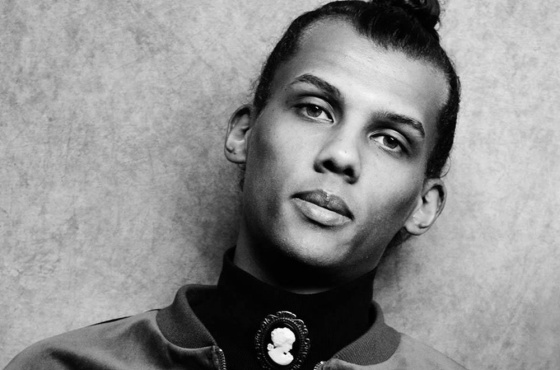
Praised for exemplifying the multicultural face of contemporary Belgium, Paul van Haver, alias Stromae, (born 1985) is a Belgian rapper and songwriter with Rwandan roots. He combines hip-hop and electronic music with lyrics that touch upon such topics as growing up without a father, gaining a sense of identity and belonging, and the problem of HIV. He is now one of the most popular Belgian artists worldwide. Winner of the European Border Breakers Awards (EBBA) in 2011.

A symbol of the peaceful transition from communism to democracy in Eastern Europe, writer and idealist Václav Havel (1936-2011) was transformed from an imprisoned dissident to the president of the Czech Republic. During the so-called Velvet Revolution, he showed that an important political change can be implemented in a non-violent way – even if it seems impossible.
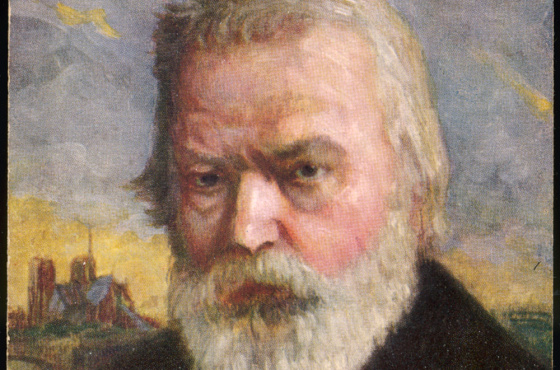
Despite living in a nationalistic epoch, French poet, novelist, and dramatist Victor Hugo (1802-85) promoted the theory of the ‘United States of Europe’ in his writings. Some ideas from his political speeches materialised in the 20th century, such as monetary union or the disappearance of national borders within the Schengen area. A supporter of republicanism, he believed in the freedom of art and society.
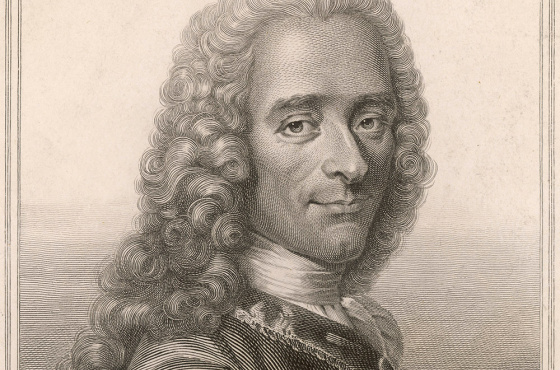
French Enlightenment writer, historian and philosopher, Voltaire (1694-1778) advocated not only the freedom of religion and speech, but also the separation of church and state. The author of Treatise on Tolerance and supporter of civil liberties, he criticised religious dogma and the French institutions of his day. His heritage is still part of the European intellectual richness and cultural diversity.
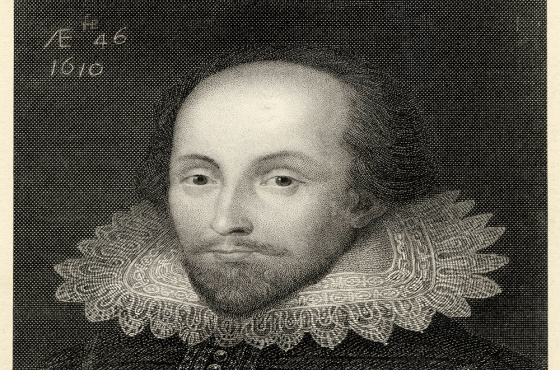
A name synonymous with English literature, William Shakespeare (1564-1616) was an English poet, playwright, actor and a genius of his native tongue. His plays have been translated into every major language and have inspired countless other artists. Proving that art and business can go hand-in-hand, he was a successful co-owner of a theatre company.
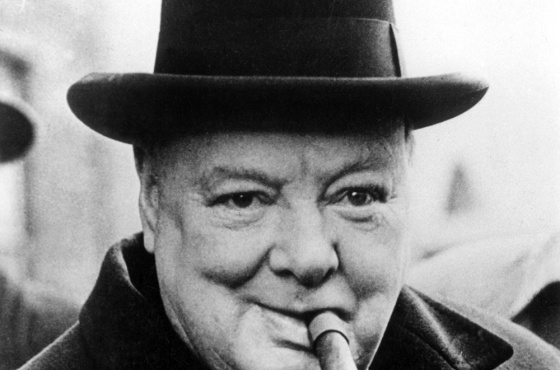
Famous for his love for art and literature, Winston Churchill (1874-1965) was a politician, an army officer, and a writer. He was one of the most active pre-war anti-Nazi campaigners, becoming British Prime minister in 1940 and again in 1951. Considered one of the most iconic figures of the 20th Century, Churchill dreamt of building the ‘United States of Europe’. In 1953 he was awarded the Nobel Prize for Literature for his ‘brilliant oratory in defending exalted human values’.